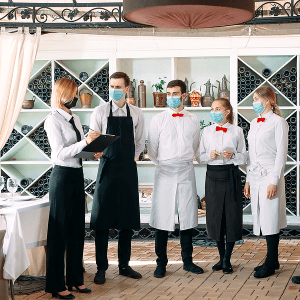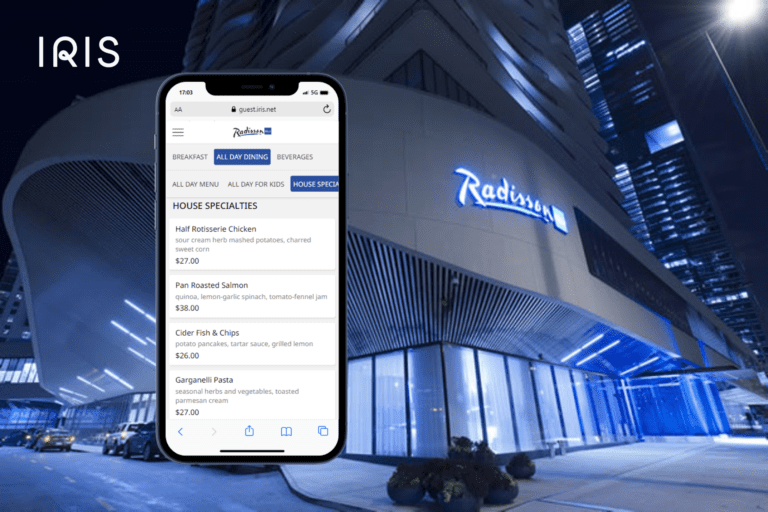 The ability of hotel companies in the UK and Europe to attract and retain staff has never been more crucial as a combination of new immigration policies making it more difficult to employ foreign workers and the on-going impact of covid continue to threaten staffing levels.
The ability of hotel companies in the UK and Europe to attract and retain staff has never been more crucial as a combination of new immigration policies making it more difficult to employ foreign workers and the on-going impact of covid continue to threaten staffing levels.
Attendees of the latest webinar from global hotel consultancy HVS, restructuring specialist AlixPartners, lawyers Bird & Bird, and EP Business in Hospitality heard a lively discussion earlier today [20th July] on the hotel sector’s ability to recruit and retain staff, with 75% of attendees admitting to running at between 20%-25% fewer staff than pre-pandemic.
Bird & Bird’s Stephanie Creed outlined the loss of some 355,000 paid employees during the pandemic, 75% of whom were under the age of 35 – the sector’s “emerging talent”. Quoting figures from UKHospitality, Creed said the sector is estimated to have around 188,000 vacancies at any one time over the next year with employees forced to manage on 20% less staff because of the shortfall, pushing salaries up by around 20%.
Creed outlined many of the problematic legal issues the industry faces post-covid including re-opening safely while protecting staff and minimising legal risk, avoiding falling foul of GDPR with the rising level of data handling and dealing with the number of absences and the tensions that may emerge between staff.
“The pandemic has changed the way we work and this presents challenges to the sector as the majority of staff cannot work at home so therefore health and safety issues are a concern. Operators must also manage a resistance amongst staff to coming back to the workplace as well as an importance to be visible in terms of health and safety and an openness about what you are doing to protect employees,” she said.
Creed advised employers to plan ahead to manage inevitable absences as hospitality teams are particularly vulnerable to pinging and to consider the legal implications of some of the data management issues emerging from technical solutions that have emerged during the pandemic.
HVS chairman Russell Kett moderated a panel of six experts with all calling for a renewed urgency for the industry to collectively promote hotel careers more effectively and for operators to offer clear career development pathways. Donald Sloan, chair of the Oxford Cultural Collective said the pandemic had amplified and accelerated challenges the sector had already been facing, in particular the issue of staffing.
Jane O’Riordan, special adviser at AlixPartners honed in on the importance of labour fluidity, the ability of existing employees to be flexible in their jobs, perhaps taking on new roles or retraining to fill skills gaps. The Lancaster Hotel London’s GM Sally Beck advocated the advantages of stronger links with colleges, while for Felicity Black-Roberts, VP acquisitions at Hyatt Hotels & Resorts the importance of people to the business was the key lesson learnt over the past 18 months.
Concluding the session Andrew Robb CFO of RBH Hospitality Management urged operators not to go back to what they did before the pandemic, while Donald Sloan said employers must be creative, resilient and authentic. “Focus on quality. Stand out from the crowd – produce an outstanding product and an outstanding experience,” he advised.



















